RAGNAR
This is the truth of what lead to Ragnar’s trial and banishment from Iceland…
The Death of the Godi Bjorn
Godi Rashemon of Surt:
“Do you understand your mission?” asked Rashemon
“Yes,”my hired assassin answered,”but I don’t understand why.”
Because Ragnar must not be in Iceland when Ragnarok comes. The
prophecy must not come true. Framing Ragnar for the murder of a godi
would lead to him either being killed or banished from the island. True,
if he were banished, his sentence would be over before Ragnarok, but he
could be killed, and maybe he would decide not to come back even if he
wasn’t. Of course, the assassin could know nothing of this.
“That is not for you to ask or know. All that matters is that you
kill the godi and leave only Ragnar as a witness. Any other witnesses
must be killed.”
With no one to testify but Ragnar, my position of power would make
it easy for me to get him convicted.
Ragnar:
Godi Bjorn of Odin had requested a meeting with me, and he was not
to be turned down. We were to meet at the local inn, the “Halls of
Valhalla Inn & Buffet.” I walked into the inn, and saw him at the bar. I
walked over to him.
“Greetings Godi Bjorn. What did you wish to speak about?”
“I fear for my life. I was hoping I could hire you as a bodyguard.”
“No.”
“What do you mean, no? Why not?”
“I will not live my life following an old man around to be his
enforcer. I live to help the people of Iceland. I am needed to soothe
the blacksmith’s burn or fix the woodsman’s broken leg. I work miracles
of healing, not of pain or death. I will not do it.”I turned to leave.
“Wait!”I turned back.”Let me show you something, I think it will
change your mind.”
I followed the old man to his room. He told me to wait, and went
into a side room. A minute later I heard him scream. It was loud,
surprised, and scared. Abruptly it was mangled and muffled, then ended,
punctuated by a thud. I ran into the room to see him on the ground,
stabbed in the throat. Then I noticed the blood flowing from his back
and ear, he had been stabbed there as well. In his hand was a letter.
It read: Bjorn,
I have foreseen that your life will be threatened
soon. I have seen that the only man that can save you is
Ragnar, but he might also kill you for asking for his help, so be
careful. Still I think it is better to ask and face
possible death as opposed to keeping silent and facing
certain doom.
Your friend, Rashemon
Karm the Assassin:
I followed Ragnar into the inn. He walked over to the godi, and
they began to talk. The conversation had barely begun when they started
to argue. Perfect, that would make it easier to frame him. Then Ragnar
started to leave.
“Wait,” the godi yelled.
Ragnar turned back to the godi who told him something to make him
stay. They got up and left to one of the rooms, and I followed at an
inconspicuous distance.
There are many tales of people who can turn into a wolf or a bear.
You hear them all the time, and they are often true. However, I would
bet that you don’t hear about people turning into poisonous snakes. That
is because I am very careful about not leaving witnesses.
As I turned into a snake, my clothes and possessions turned to
scales. My arms and legs became one with my body, and I fell to the
ground. I grew longer and thinner, and there were soft crackles and pops
as my spine elongated and other bones disappeared.
It was over in a blink of the eye, and I slid under the door to
their room. The godi finished saying something to Ragnar and went into a
side room. I followed to him rummaging through a desk. He pulled out a
letter and shut the drawer.
Now was the time. I came out of snake form and stabbed him in the
base of the back, near the spine. A miss. He screamed, and I stabbed him
again, this time in the throat. I stabbed him once more, this time in
the ear, a fatal blow. Then I dropped the dagger, turned into a snake,
and slipped away out the window. In no time at all there would be plenty
of people in the room. No doubt they would find Ragnar over the body,
and the murder weapon nearby.
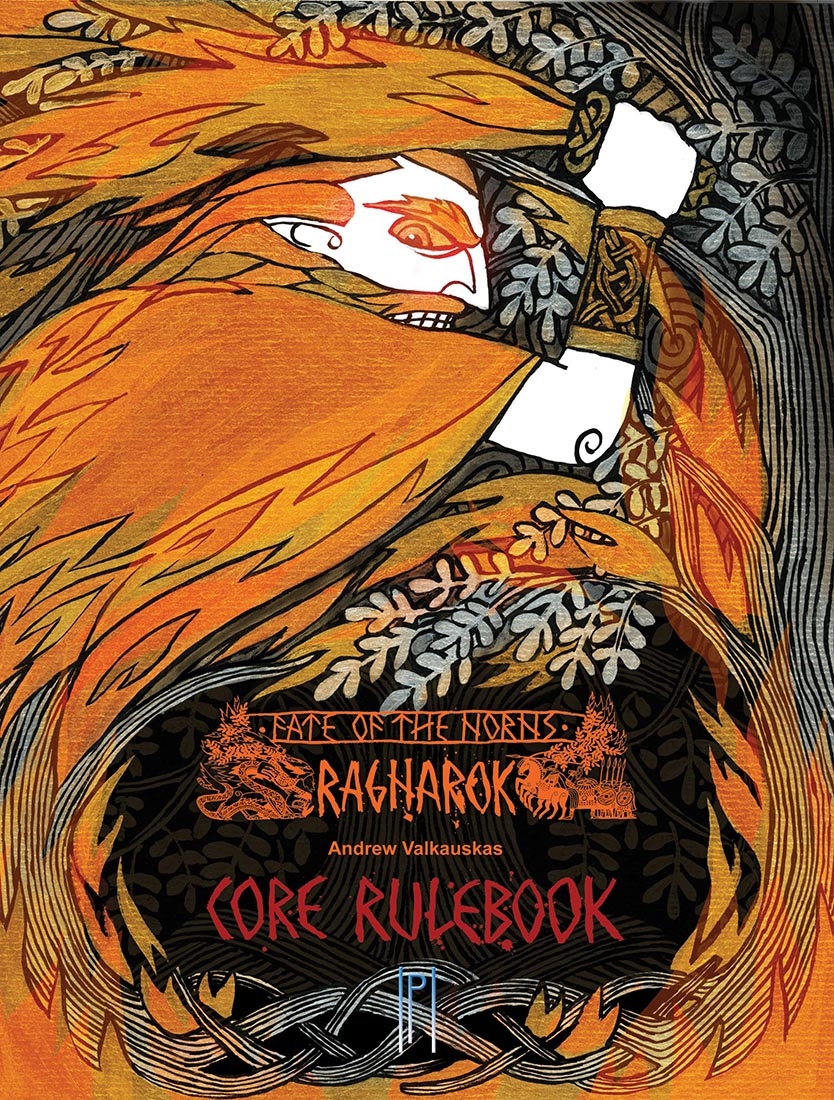
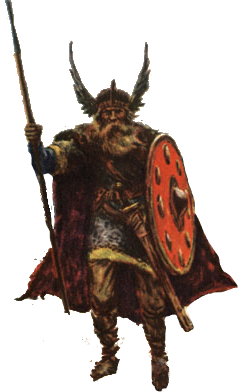
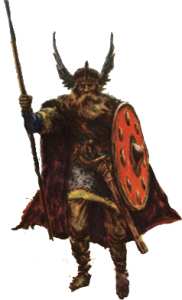 d son of Sigil, Rune master, Defender of the Weak, Bearer of “Gunthar” the spear made from the fragment of “Odin’s Spear – Gungnir”Born in Jamtaland (p33) before Fimbulwinter when Jamtaland was a wild frontier and habitable. His birth father ÅSBJÖRN (Meaning Divine Bear) was a rune priest, he had long brown hair with a long beard. Some said his soul had come back from Vahalla and he had mastered the power of rune magic and the ability to transform into a bear. His birth mother was Göndul (Meaning wand wielder) was a woman of incredible beauty with flowing blonde hair and strong lines. She was Seithkona and quite a free spirit, who was known as a wise woman. She was also an expert in magic of death and the dead, balancing this, she also worshipped Freya (the chief of the Valkyries) and respected the dead once they have fallen..When Sigurd was only 2 years of age, giants believed to come from Norrland came to raid and destroy the frontier of Jamtaland. Both ÅSBJÖRN and Göndul were charged by the Jarl with the defense of the northern boarder. During a two month set of battles they were slain but bought the Jarl time to levy some more troops to defend Jamtaland. Sadly only ÅSBJÖRN was believed to have a warriors funeral as he died early in the campaign. Many who survived said they saw his soul leave the funeral pyre at the hands of a Valkyrie. Göndul however perished some days latter when she single handedly faced a horde of 10 giants, she gave her life so that the garrison could retreat back to Jamtaland. He body was never found. Sigurd secretly hopes to see his mother in Valhalla some day and aspires to ascend to see his family.All that returned from the battle of the Giants was the “Spear of his father “Gunthar”. A spear which Sigurd carries even today in memory of family and in worship of Odin…The Jarl “Toberian” took the young Sigurd into his family to be raised. At the age of 7 a wandering Skald Sigil (Meaning Seal or Sun) a warrior priest of Odin came to see Toberian and claimed he has seen an Omen that if Sigurd is raised in Jamtaland he will die and he also secretly told the Jarl that many of his other people were at risk. Toberian respects the Skald and his prophesy and allows Sigurd to go with Frode as his assistant. (Privately (only between Sigil and the Jarl)- The Sun of Odin came to tell the Jarl to leave with his people, but the Jarl did NOT believe fully, when the Fimbulwinter finally comes most all of the inhabitants of Jamtaland perish, so the Omen was NOT just for Sigurd but for many of the people, Jarl Toberian did not want to believe so he ONLY allowed the boy Sigurd to go at Sigil’s insistence).Sigil was a good adopted father for Sigurd. At first he started to teach him the ways of a Skald, but this was not natural for the boy, then he realized his natural talents were in Rune magic and everywhere Sigil travelled he got the boy training from the local Rune Masters until at the age of 16, the boy had travelled much of the lands and was a Rune Master in his own right…
d son of Sigil, Rune master, Defender of the Weak, Bearer of “Gunthar” the spear made from the fragment of “Odin’s Spear – Gungnir”Born in Jamtaland (p33) before Fimbulwinter when Jamtaland was a wild frontier and habitable. His birth father ÅSBJÖRN (Meaning Divine Bear) was a rune priest, he had long brown hair with a long beard. Some said his soul had come back from Vahalla and he had mastered the power of rune magic and the ability to transform into a bear. His birth mother was Göndul (Meaning wand wielder) was a woman of incredible beauty with flowing blonde hair and strong lines. She was Seithkona and quite a free spirit, who was known as a wise woman. She was also an expert in magic of death and the dead, balancing this, she also worshipped Freya (the chief of the Valkyries) and respected the dead once they have fallen..When Sigurd was only 2 years of age, giants believed to come from Norrland came to raid and destroy the frontier of Jamtaland. Both ÅSBJÖRN and Göndul were charged by the Jarl with the defense of the northern boarder. During a two month set of battles they were slain but bought the Jarl time to levy some more troops to defend Jamtaland. Sadly only ÅSBJÖRN was believed to have a warriors funeral as he died early in the campaign. Many who survived said they saw his soul leave the funeral pyre at the hands of a Valkyrie. Göndul however perished some days latter when she single handedly faced a horde of 10 giants, she gave her life so that the garrison could retreat back to Jamtaland. He body was never found. Sigurd secretly hopes to see his mother in Valhalla some day and aspires to ascend to see his family.All that returned from the battle of the Giants was the “Spear of his father “Gunthar”. A spear which Sigurd carries even today in memory of family and in worship of Odin…The Jarl “Toberian” took the young Sigurd into his family to be raised. At the age of 7 a wandering Skald Sigil (Meaning Seal or Sun) a warrior priest of Odin came to see Toberian and claimed he has seen an Omen that if Sigurd is raised in Jamtaland he will die and he also secretly told the Jarl that many of his other people were at risk. Toberian respects the Skald and his prophesy and allows Sigurd to go with Frode as his assistant. (Privately (only between Sigil and the Jarl)- The Sun of Odin came to tell the Jarl to leave with his people, but the Jarl did NOT believe fully, when the Fimbulwinter finally comes most all of the inhabitants of Jamtaland perish, so the Omen was NOT just for Sigurd but for many of the people, Jarl Toberian did not want to believe so he ONLY allowed the boy Sigurd to go at Sigil’s insistence).Sigil was a good adopted father for Sigurd. At first he started to teach him the ways of a Skald, but this was not natural for the boy, then he realized his natural talents were in Rune magic and everywhere Sigil travelled he got the boy training from the local Rune Masters until at the age of 16, the boy had travelled much of the lands and was a Rune Master in his own right…
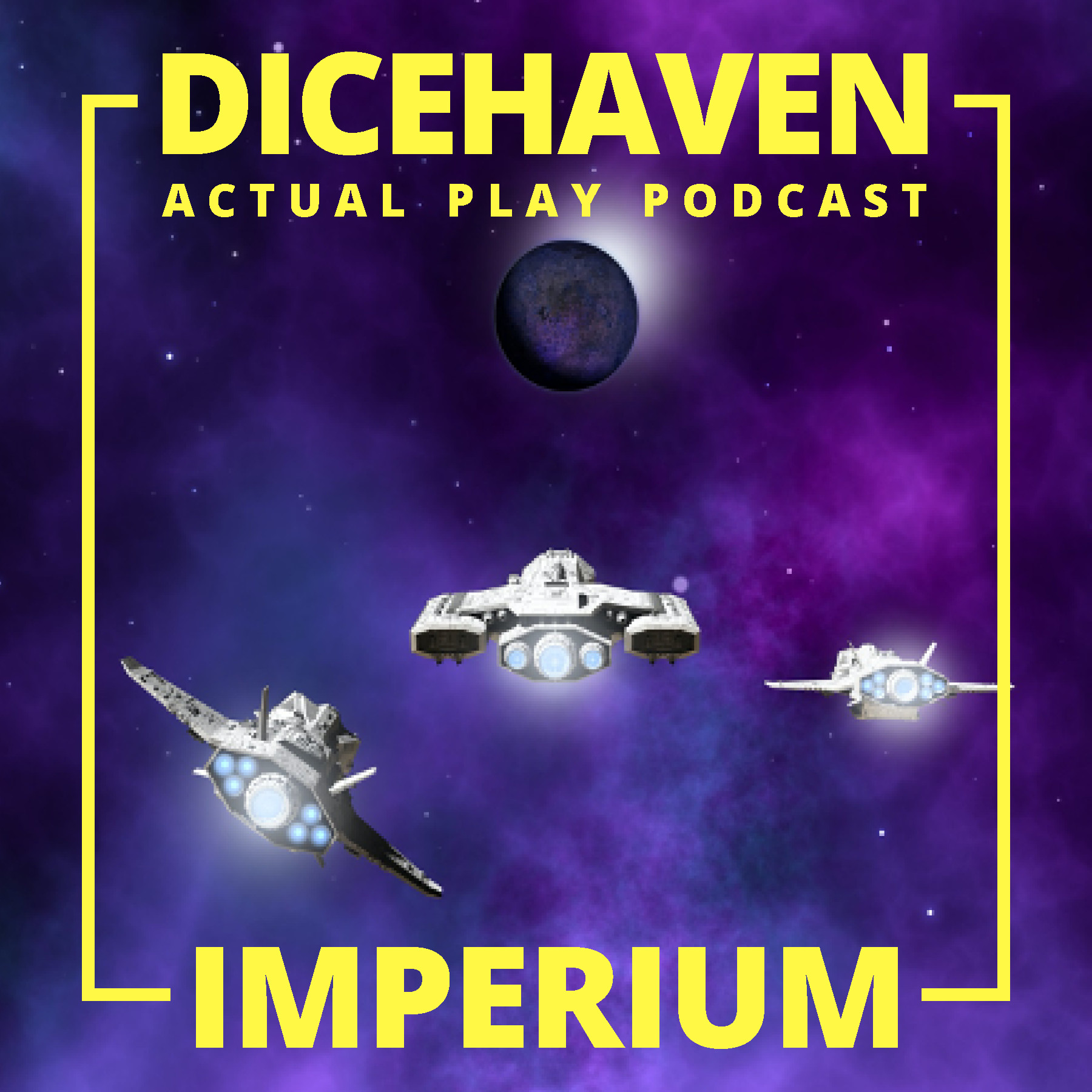
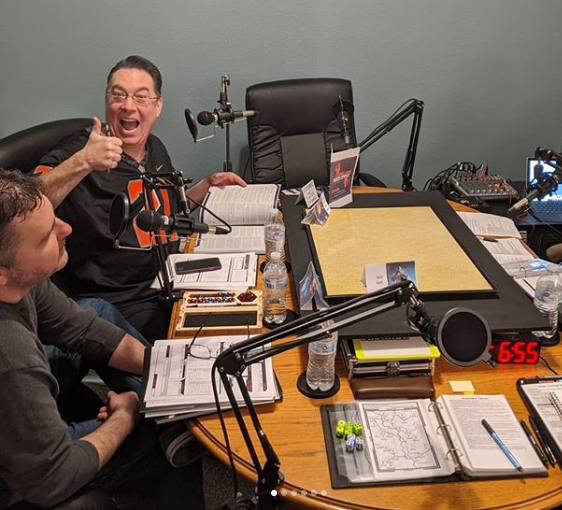
Recent Comments